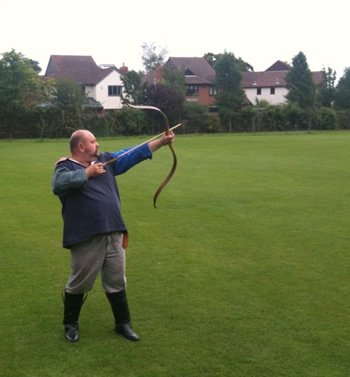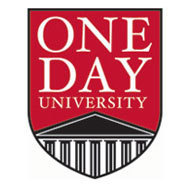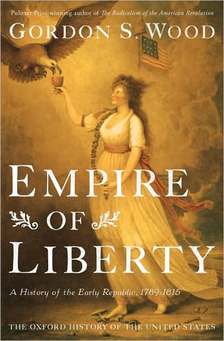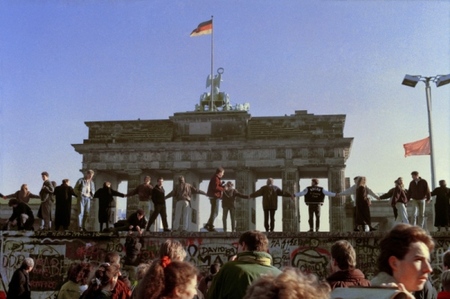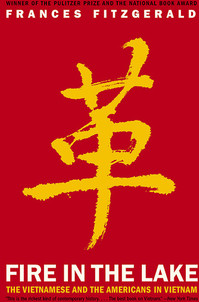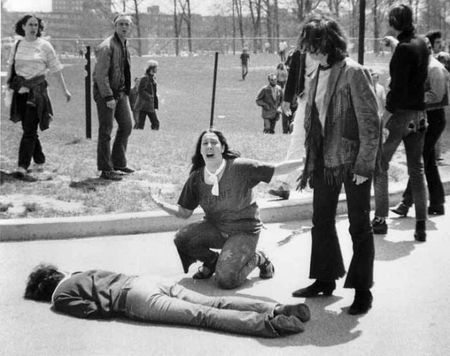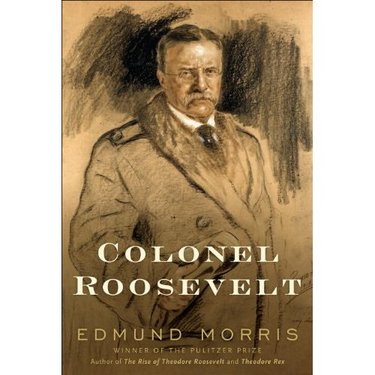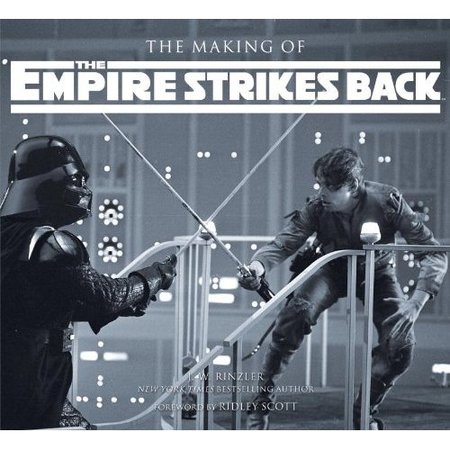The British Museum is Europe's Western front in the global war over cultural patrimony, on account of the marbles. The pamphlets give the museum's version for why they should stay in Britain, as they have for two centuries -- ever since Lord Elgin, the British ambassador to the Sublime Porte at Constantinople, and with the consent of the ruling Ottomans (not to mention a blithe disregard for whatever may have been the wishes of the Greek populace), spirited them from the Acropolis in Athens. The pamphlet stresses that the British Museum is free and attracts millions of visitors every year from around the world, making the sculptures available to, and putting them in the context of, a wide swath of human civilization.
[snip]
Mostly, though, the issue comes down to the fact that culture, while it can have deeply rooted, special meanings to specific people, doesn't belong to anyone in the grand scheme of things. It doesn't stand still. When Walter Benjamin wrote in the last century about the original or authentic work of art losing its aura, he was in part suggesting that the past is not something we can just return to whenever we like -- it's not something fixed and always available. It's something forever beyond our grasp, which we must reinvent to make present.
Today's Acropolis is itself a kind of fiction. Over the centuries and through succeeding empires and regimes, it became Christian and Turkish, and briefly Venetian, after it had been Roman. The Parthenon was a pagan temple, a church, a mosque, an arms depot (disastrously, under the Turks) and even a place from which the Nazis hung a big swastika flag whose removal by Greek patriots helped spur a resistance movement. Modernity has mostly stripped the site of all those layers of history to recover a Periclean-era past that represents, because it has come to mean the most to us, its supposed true self -- a process of archeological excavation, based on another modern kind of fiction about historical and scientific objectivity that inevitably adds its own layer of history.
[snip]
But the general question, looting and tourist dollars aside, is why should any objects necessarily reside in the modern nation-state controlling the plot of land where, at one time, perhaps thousands of years earlier, they came from? The question goes to the heart of how culture operates in a global age.
The Greek proposal that Britain fork over Elgin's treasures has never involved actually putting the sculptures back onto the Parthenon, which started crumbling long before he showed up. The marbles would go from one museum into another, albeit one much closer. The Greeks argue for proximity, not authenticity. Their case has always been more abstract, not strictly about restoration but about historical reparations, pride and justice. It is more nationalistic and symbolic.
[snip]
But as the Princeton philosopher Kwame Anthony Appiah has cautioned about the whole patrimony question: "We should remind ourselves of other connections. One connection -- the one neglected in talk of cultural patrimony -- is the connection not through identity but despite difference."
What he means is that people make connections across cultures through objects like the marbles. These objects can become handmaidens for ideologues, instruments for social division and tools of the economy, or cicerones through history and oracles to a more perfect union of nations. Art is something made in a particular place by particular people, and may serve a particular function at one time but obtain different meanings at other times. It summons distinct feelings to those for whom it's local, but ultimately belongs to everyone and to no one.
We're all custodians of global culture for posterity.
Neither today's Greeks nor Britons own the Parthenon marbles, really.
